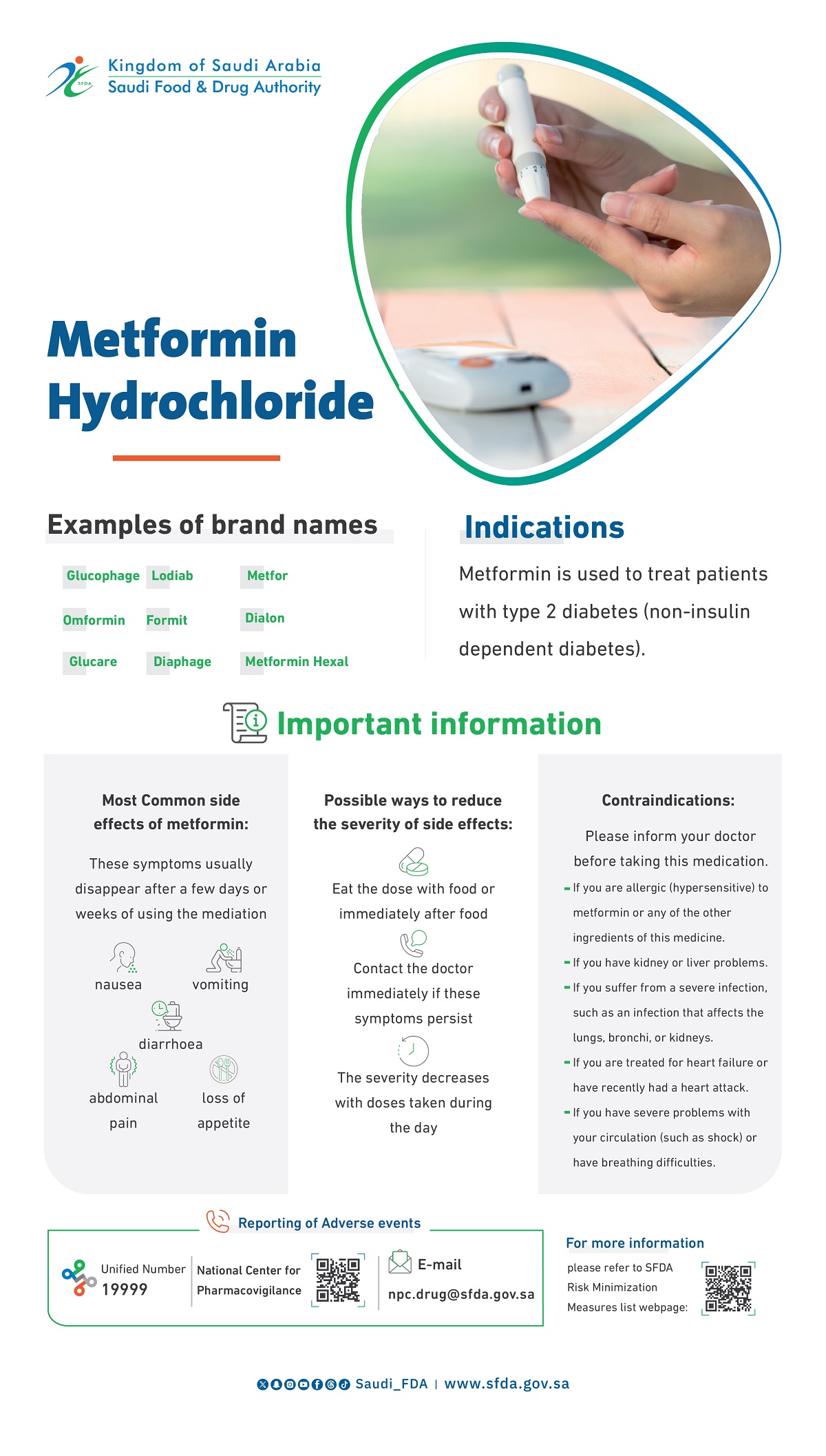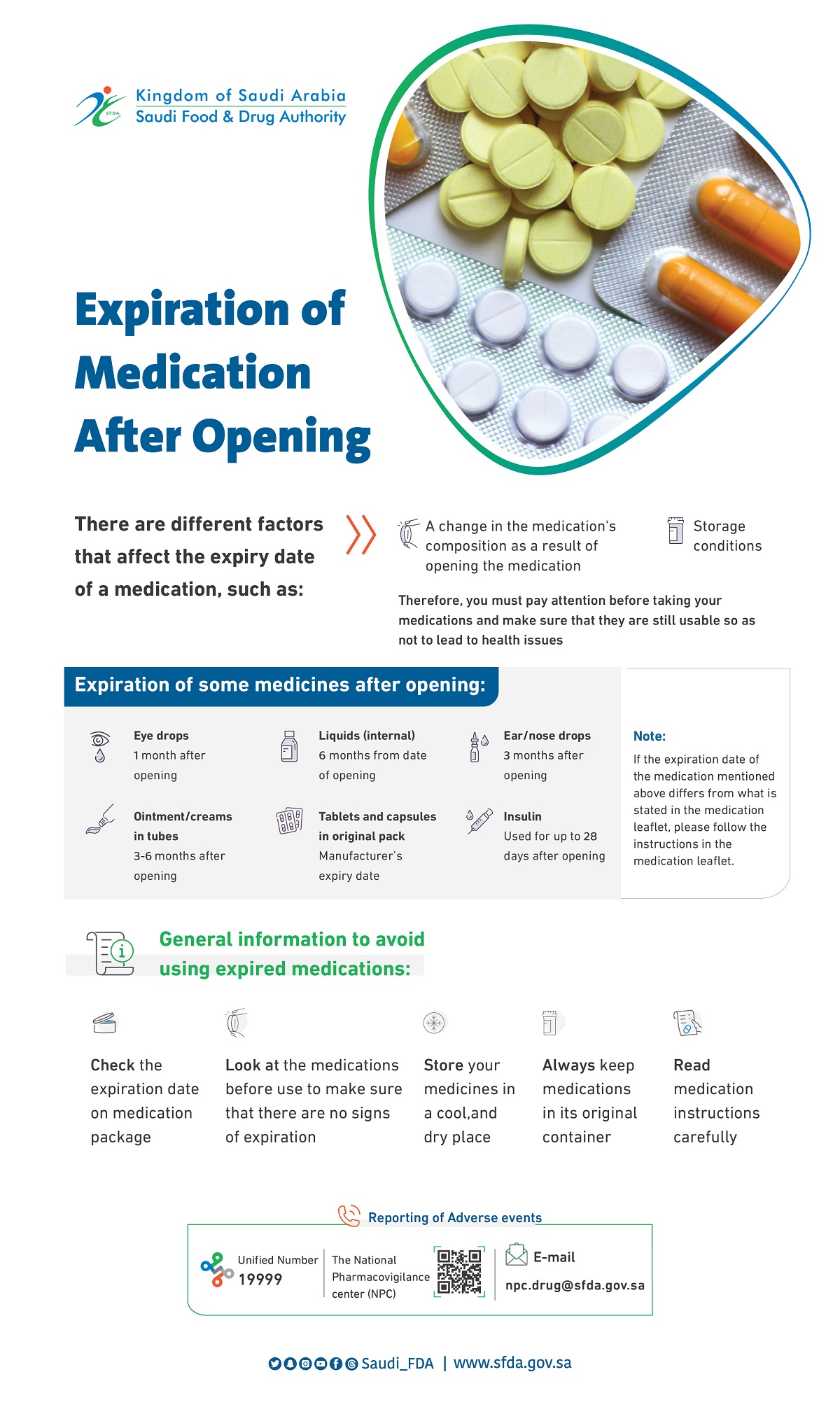
Antipsychotics are Associated With An Increased Risk Of Mortality In Elderly Patients Treated For Dementia-Related Psychosis
Antipsychotics are Associated With An Increased Risk Of Mortality In Elderly Patients Treated For Dementia-Related Psychosis
Antipsychotics are Associated With An Increased Risk Of Mortality In Elderly Patients Treated For Dementia-Related Psychosis
2008-06-23
The us counterpart to the Saudi Food and Drug Authority ,U.S. Food and Drug Administration notified healthcare professionals that both conventional and atypical antipsychotics are associated with an increased risk of mortality in elderly patients treated for dementia-related psychosis.
In April 2005, FDA notified healthcare professionals that patients with dementia-related psychosis treated with atypical antipsychotic drugs are at an increased risk of death. Since issuing that notification, FDA has reviewed additional information that indicates the risk is also associated with conventional antipsychotics. Antipsychotics are not indicated for the treatment of dementia-related psychosis. The prescribing information for all antipsychotic drugs will now include the same information about this risk in a BOXED WARNING and the WARNING section.
Considerations for Healthcare Professionals
Elderly patients with dementia-related psychosis treated with conventional or atypical antipsychotic drugs are at an increased risk of death.
Antipsychotic drugs are not approved for the treatment of dementia-related psychosis. Furthermore, there is no approved drug for the treatment of dementia-related psychosis. Healthcare professionals should consider other management options.
Physicians who prescribe antipsychotics to elderly patients with dementia-related psychosis should discuss this risk of increased mortality with their patients, patients’ families, and caregivers.
|
Conventional Antipsychotic available in Saudi Arabia |
Atypical Antipsychotic Drugs available in Saudi Arabia |
|
Haldol (haloperidol) |
Abilify (aripiprazole) |
|
Orap (pimozide) |
Laponex (clozapine) |
|
Fluphenazine (fluphenazine) |
Risperdal (risperidone) |
|
Stelazine (trifluoperazine) |
Seroquel (quetiapine) |
|
|
Zyprexa (olanzapine) |
Report Adverse Dug Reaction to the SFDA:
The public and health care professionals are strongly encouraged to report adverse drug reaction to the National Pharmacovigilance Center (NPC) by filling the appropriate form on the following link:
Source :





